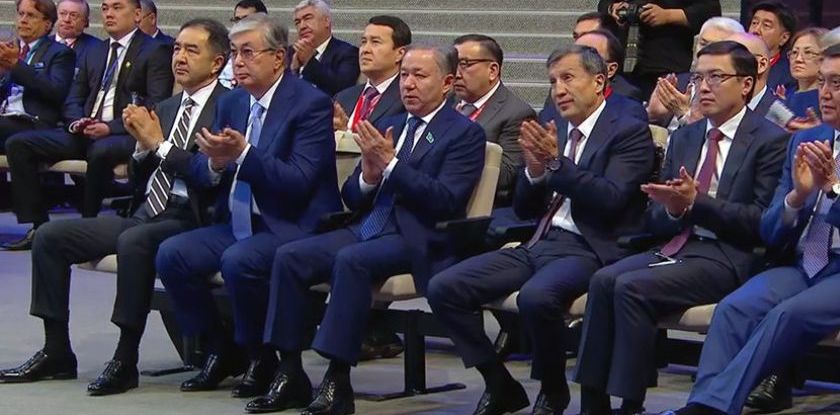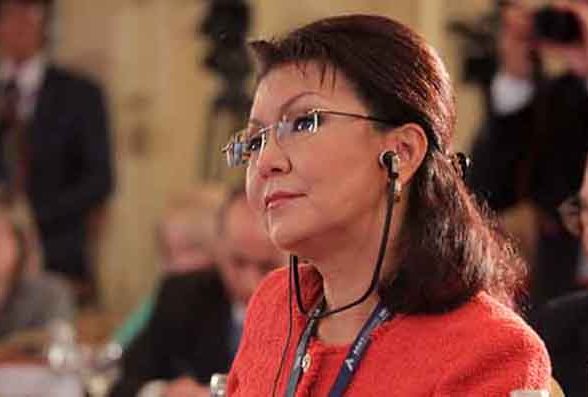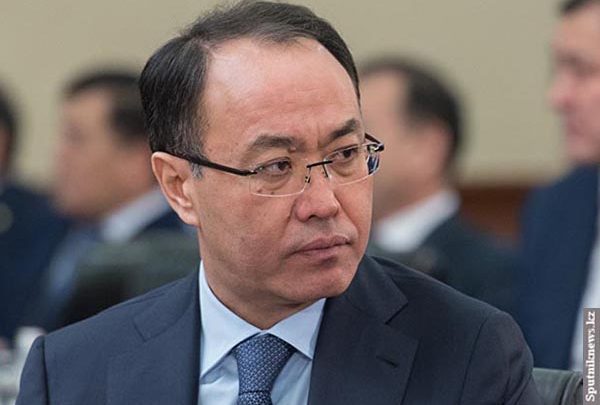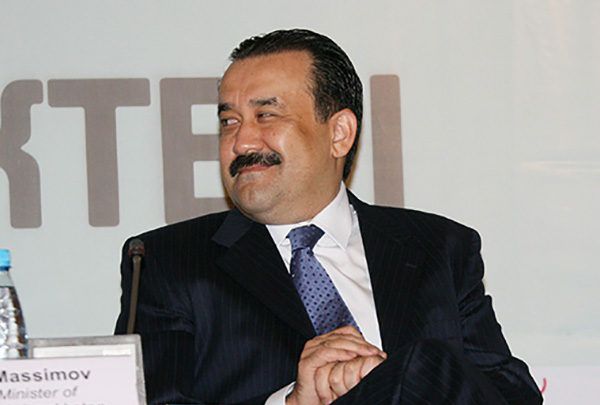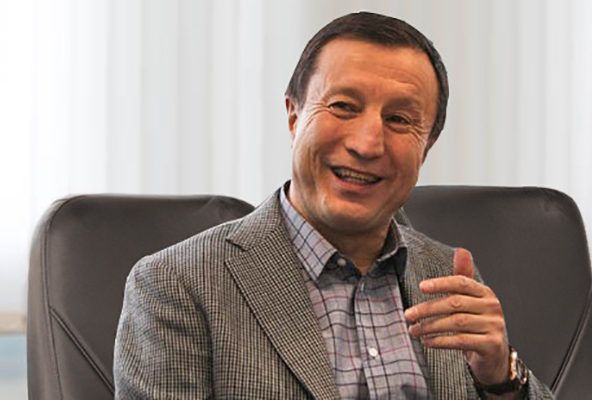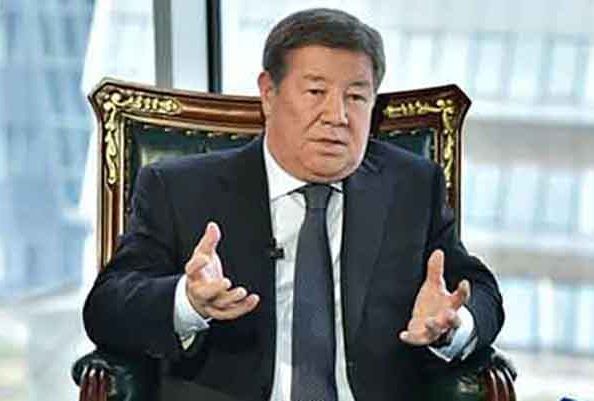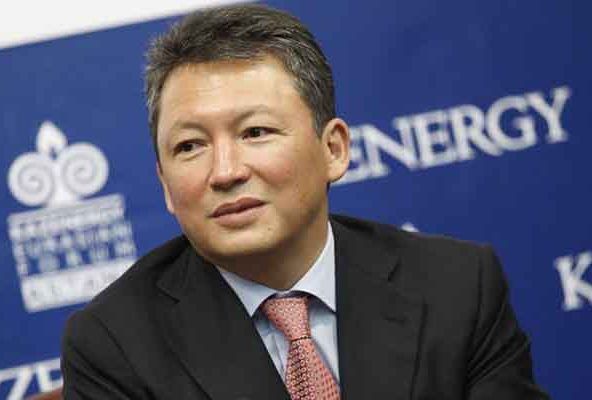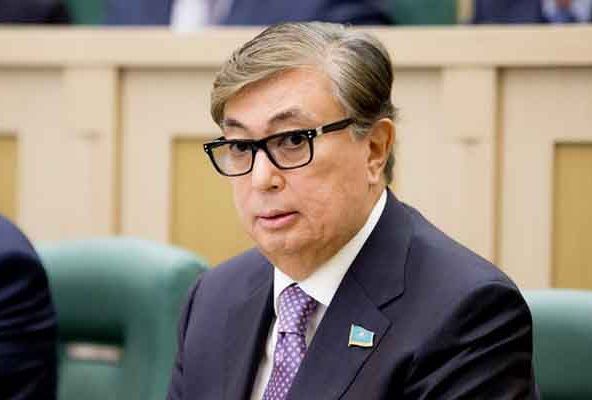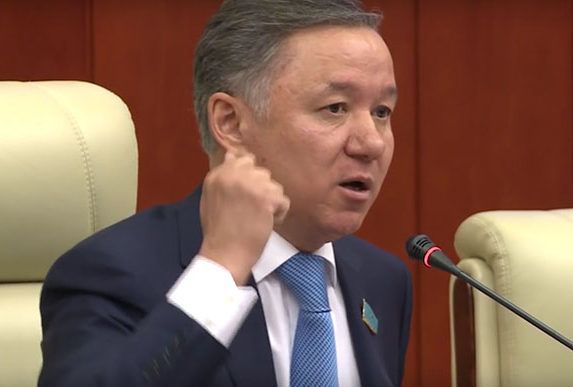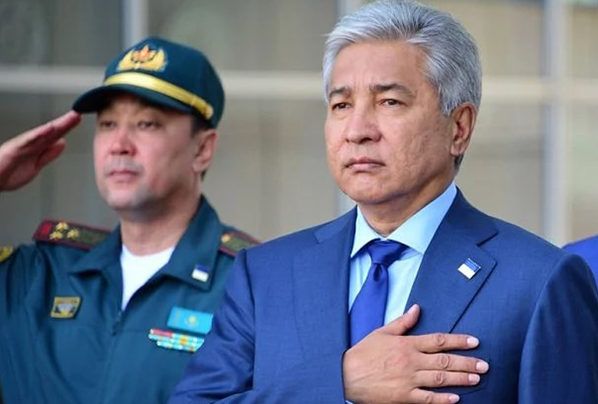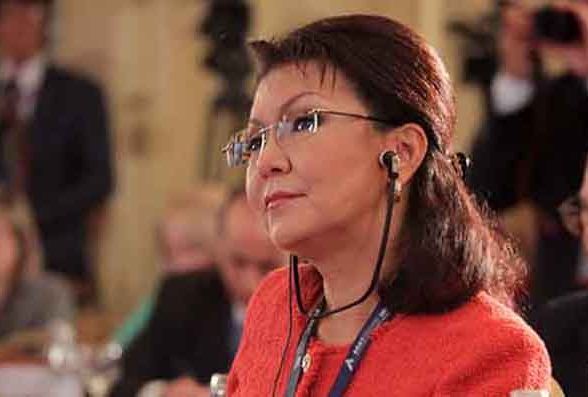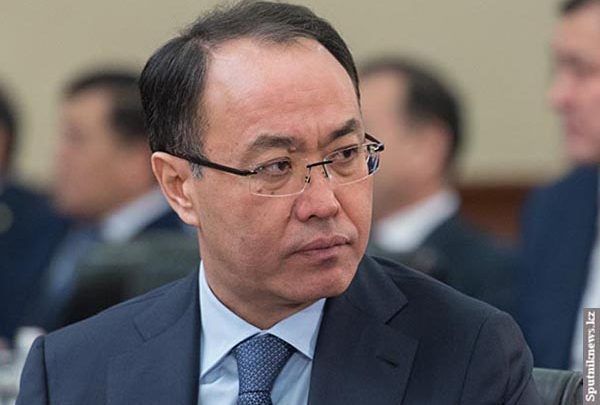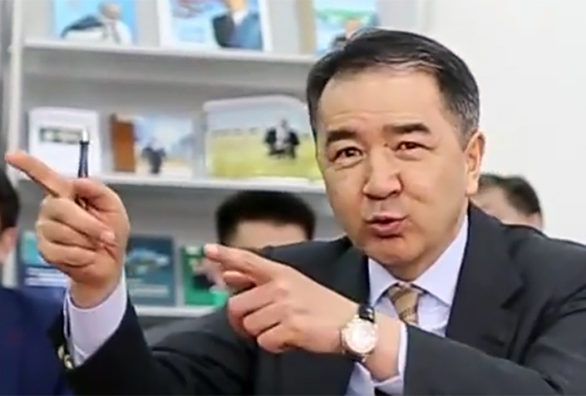We are continuing our reflections on the power transit in Kazakhstan. In the recently published article “Three Conditions of the Power Transit in Kazakhstan” , we demonstrated the three factors that will, without a doubt, influence the choice, the nomination, the approval, the support, and the recognition (or lack thereof) of the next Kazakhstan president by the ruling elite.
Let us remind you what these three factors are.
First. The coming transition of the power from Nursultan Nazarbayev to his successor will not be possible outside of the framework of the judicial procedures stipulated in the Constitution of Kazakhstan. However, certain influential figures may assume the highest state positions which will enable them to aspire to become the president in a fast and unpredictable fashion.
Second. The existence of a significant number of the elite groups (clans) will have a serious if not critical influence on the power transit in Kazakhstan (even keeping in mind that the greater portion of them is aspiring to presidency). Primarily, because, without the support of most of the clans, the winner will not be able to keep the state vertical in his hands and prevent the collapse of the state mechanism.
Third. The fears that Nazarbayev’s sudden exit will lead to the immediate destabilization of the domestic political situation and the protest outbreaks in the streets force most of those governing the country and its economy to hold on to the influential figures whom they trust more or whom they fear less.
If our reasoning is correct, as of today, the number of the contenders for the presidential power is highly limited. To determine who these contenders are, we will use the latest “Rating of the Governing Elite of Kazakhstan as of the 3rd Quarter of 2017” published by the center for the social and political research “Strategia”.
The list includes 50 people. We, however, will only take the “winners”, in other words, is the top ten. We are naming them in the order they are listed.
- Chief of the Kazakhstan National Security Committee Karim Masimov
- Head of Nazarbayev Administration Adilbek Dzhaksybekov
- President of “Astana EXPO-2017” Akhmetzhan Esimov
- President of National Chamber of Entrepreneurs “Atameken” Timur Kulibayev
- Head of the Senate of the Parliament of the Republic of Kazakhstan Kasym-Zhomart Tokayev
- Head of the Mazhilis of the Parliament of the Republic of Kazakhstan Nurlan Nigmatullin
- Kazakhstan Ambassador to Russian Federation Imangali Tasmagambetov
- Senator Dariga Nazarbayeva
- Head of the Agency for Civil Service Affairs and Anti-Corruption Kayrat Kozhamzharov
- Prime-Minister of the Republic of Kazakhstan Bakytzhan Sagintayev
Out of these people, by our assessments, these three will not be able to compete for the presidential position – Timur Kulibayev, Imangali Tasmagambetov, and Kayrat Kozhamzharov.
Let us demonstrate the rationale behind this assessment.
Even considering his influential position and wealth, Timur Kulibayev cannot be regarded as a public politician. Moreover, occupying different top leading positions at the quasi-governmental and civic agencies, not once did he reveal any leadership qualities. Apart from that, he has a tarnished image since he has never been able to put anything up against the long-term and fair criticism of the oppositional press – neither excuses nor victories.
Speaking theoretically, Imangali Tasmagambetov may return to Kazakhstan, become a senator appointed by President, and then become the head of the Senate itself. By our estimates, however, this is a highly unlikely scenario since he has too many enemies among the ruling elite. Apart from that, after Kazkommertsbank was given to Halyk Bank, Tasmagambetov had found himself in a vulnerable position since the blame for the poor financial status of Kazkom can be placed upon his son-in-law Kenes Rakishev anytime. And this is likely to happen if Tasmagambetov starts showing his presidential ambitions.
Kayrat Kozhamzharov can aspire to become the president only under one condition – if the situation in the country becomes so bad that moving towards the dictatorship regime will be the only option. Otherwise, he will not have the support of most of the elite groups (clans) if for no other reason than because, though being the executor of Nazarbayev’s political will, he, one way or the other, has harmed all of them during the recent years.
As for the remaining seven people, all of them can become Nursultan Nazarbayev’s successor as the president but not as the country’s “landlord”.
We must add one more person to this “magnificent seven”. We, however, cannot give you a concrete name of this person. This will be an official who is currently serving as a governor of a region (or a city of the republican-level subjugation), a minister, or a deputy prime-minister and who, in the next two or three years, will be able to jump to a higher post.
Here is a list of the people who, in our opinion, can be considered potential contenders for this position: First Deputy Chief of the National Security Committee and Nazarbayev’s nephew Samat Abish, Governor of Almaty Baurzhan Baybek, Governor of Astana Aset Isekeshev, Head of the Department of the Presidential Affairs Abay Bisembayev.

Several other figures can be added to this list, however, we believe that the number of the presidential candidates from this group will be minimal.
Therefore, the people, very different in regard to their image, biography, wealth, political and administrative influence, are on the list of the contenders for this “run of the century”. However, we believe it is not right to take off this list the persons who have never revealed their presidential ambitions or who are not suspected of having any. The thing is that the next president will invariably assume the power as a result of the ruling elite’s approval (non-resistance). Of course, how this approval (non-resistance) will be obtained is another matter – whether it will be achieved thanks to the domination of one elite clan (group), or due to forming a union among several groups, or by the decision of most of the domestic political players.
In the first instance, any person from the aforementioned list can become the new leader of Kazakhstan. In the second, it can only be someone on whom they will reach a consensus (or at least a compromise). Therefore, Akhmetzhan Esimov, Adilbek Dzhaksymbekov, and Kosym-Zhomart Tokayev who have never revealed their presidential ambitions and who are not suspected of having any by the civic society can, nonetheless, become the winners of the “run”. Simply because they (perhaps unwittingly) are ready to jump.
We do not find it necessary to discuss the aforementioned contenders personally if for no other reason than because the list is relevant only as of today and, tomorrow, perhaps it will look differently. Sure, people are mortal – both physically and politically.
In this instance, something else is of importance to the country and its citizens – all the potential Nazarbayev’s successors are his own “products” so to speak. Therefore, they will, at least in the first years of the presidency, continue his domestic and foreign political practices together with his economic policy. This means that the start of the cardinal changes in the political organization of Kazakhstan will be put off for at least a couple of years after Nazarbayev’s exit. As for the changes in the economic policy, they perhaps will start immediately after the H-hour the way it, for instance, happened in Uzbekistan.
Therefore, the “zastoy” of the last years of Nursultan Nazarbayev’s rule will continue even after the departure of its creator. And this is the main conclusion we have made upon analyzing the process of the power transit in Kazakhstan. Unfortunately, the appearance of the truly alternative politicians of the national scale and the pursuit of a different, principally new foreign and domestic policy is, sadly, impossible.
This fact, on the one hand, ensures the proverbial domestic political stability maintaining which is today’s priority both for Nazarbayev and for the majority of the Kazakhstan ruling elite. On the other hand, it preserves the current state policy and practice. In the year of the 100th anniversary of the 1917 October Revolution this fact acquires a great significance since it was precisely the desire of the Russian ruling elite to preserve the stability in the Russian Empire that led to its agreeing to change the political organization of the state and even beginning the reforms but, alas, it was too late.
Read also: Three Conditions of Power Transit in Kazakhstan, One More Problem of the Transition, How not to hit a dead end with transition, The Main Problem of The Transition, On the transit of power and importance of discussion, Kazakh media is discussing power transfer, Scenarios of Transition, At the Cusp of Transition. The Power Shift Scenarios.

